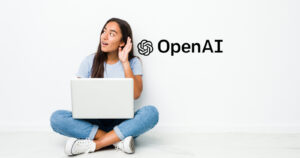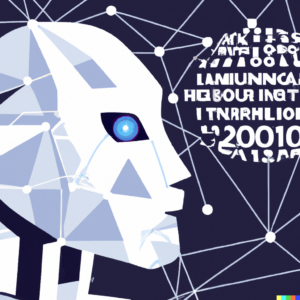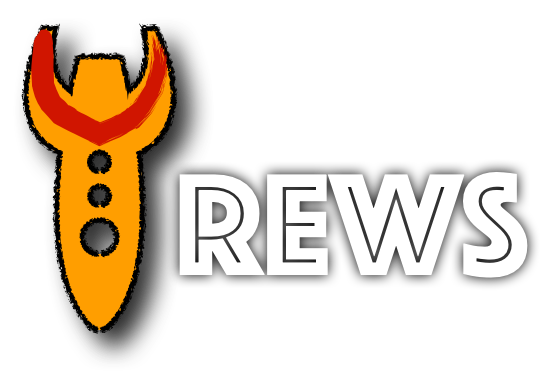ChatGPT, a powerful language model developed by OpenAI, has the potential to revolutionize the future of education.
One major way ChatGPT can impact education is through its ability to generate human-like responses to questions. This can be used to create personalized educational experiences for students, with the model adapting to their learning style and providing customized feedback and guidance.
Another potential application of ChatGPT in education is in the field of language learning. The model’s natural language understanding capabilities can be used to create more realistic conversation simulations for students, allowing them to practice their language skills in a more engaging and effective way.
Additionally, ChatGPT’s ability to generate written content can also be utilized in education. The model can be used to automatically generate study materials, such as summaries and notes, making it easier for students to review and retain information.

Finally, ChatGPT can also be used to improve the efficiency of administrative tasks in education, such as grading and providing feedback on assignments. The model’s ability to understand and process large amounts of text can be used to quickly grade written assignments and provide detailed feedback to students.
Overall, the applications of ChatGPT in education are vast and have the potential to greatly enhance the way we learn and teach. As technology continues to advance, it is likely that we will see more and more integration of AI in the field of education, and ChatGPT is certainly a promising tool in this effort.

Potential application areas of ChatGPT in the Education Sector
ChatGPT is a powerful language model that has the potential to revolutionize the education sector in several ways. Some of the potential application areas of ChatGPT in education include:
- Personalized Learning: ChatGPT can be used to create personalized educational experiences for students. The model can adapt to a student’s learning style and provide customized feedback and guidance. This can help students learn more efficiently and effectively.
- Language Learning: The model’s natural language understanding capabilities can be used to create more realistic conversation simulations for students. This can help students practice their language skills in a more engaging and effective way.
- Content Generation: ChatGPT’s ability to generate written content can be used to automatically generate study materials such as summaries, notes, and quizzes. This can make it easier for students to review and retain information.
- Tutoring and Mentoring: ChatGPT can be used to provide one-on-one tutoring and mentoring for students. The model can answer students’ questions and provide guidance in real-time.
- Automated Grading: The model’s ability to understand and process large amounts of text can be used to quickly grade written assignments and provide detailed feedback to students. This can save teachers time and improve the efficiency of administrative tasks.
- Virtual Teaching Assistant: ChatGPT can be integrated with Virtual Reality systems to provide a more interactive experience for students in remote learning environments. It can also be used to assist teachers during virtual classes, answering student’s questions in real-time.
Overall, ChatGPT has the potential to greatly enhance the way we learn and teach. It is an exciting tool that can help educators create more personalized and engaging learning experiences for students. As technology continues to advance, it is likely that we will see more and more integration of AI in the field of education, and ChatGPT is certainly a promising tool in this effort.
I am always learning and updating my knowledge base, and would be happy to work with you on any projects or tasks that require my assistance. As an expert i will provide information on a wide variety of subjects. If you have any specific needs or goals in mind, please let me know and I will do my best to assist you. Together, we can accomplish great things.

